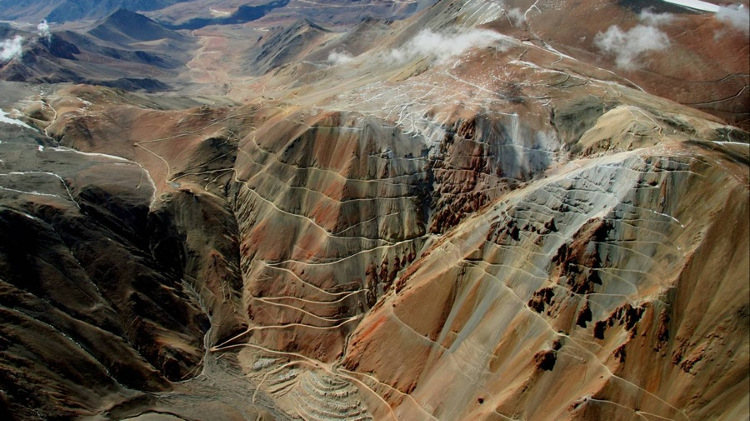The British Columbia government is forming an advisory committee to review the province’s environmental assessment process.
The committee, announced Wednesday, will make recommendations to create more transparency, advance reconciliation with Indigenous people, and protect the environment while supporting economic development, B.C. environment minister George Heyman said in a release.
Heyman called for a “transparent, science-based approach” to improve the current environmental assessment process. The 12-person committee – which includes Edie Thome, president and CEO of the Association for Mineral Exploration – will produce a discussion paper to recommend changes, which the government expects to implement in late fall. It will be led by ecologist Bruce Fraser and former Cowichan Tribes chief Lydia Hwitsum.
The announcement comes a month after the federal government tabled legislation to create the new Impact Assessment Agency of Canada, to review all major pipelines and resource projects in Canada for environmental, health, social and economic impacts, and their effects on Indigenous people.
The current Environmental Assessment Act, enacted in 2002, has faced public criticism and scrutiny in the wake of controversial events such as the Shawnigan Lake contaminated soil dump. A January paper by West Coast Environmental Law called reform “welcome and sorely needed” and highlighted notable weaknesses including a lack of big-picture perspective in the current process, resulting in harmful cumulative effects to the environment.
Related: B.C. mining jobs task force will suggest ways to ensure job security during commodity fluctuations
This echoes a report from the Environmental Law Centre at the University of Victoria in 2010, which noted several areas for potential improvement. These included reconsidering the threshold at which an environmental assessment becomes necessary, introducing accountability mechanisms and a dispute resolution process, and improving opportunities for public engagement throughout the assessment process.
Alongside the committee’s review, the province’s Environmental Assessment Office (EAO) is working with the BC First Nations Energy and Mining Council (FNEMC), a non-profit organization that supports First Nations’ efforts to develop energy and mining projects in an environmentally sustainable way, to host regional workshops and hold government-to-government meetings with First Nations that include industry, environmental NGOs and other representatives.
“This will also contribute to our government’s commitment to fully implement the United Nations Declaration on the Rights of Indigenous Peoples,” Heyman said. “We’ll be working with Indigenous groups at every step of the revitalization process.”
The committee will put together a discussion paper by May, which will be available for public comments in June.


